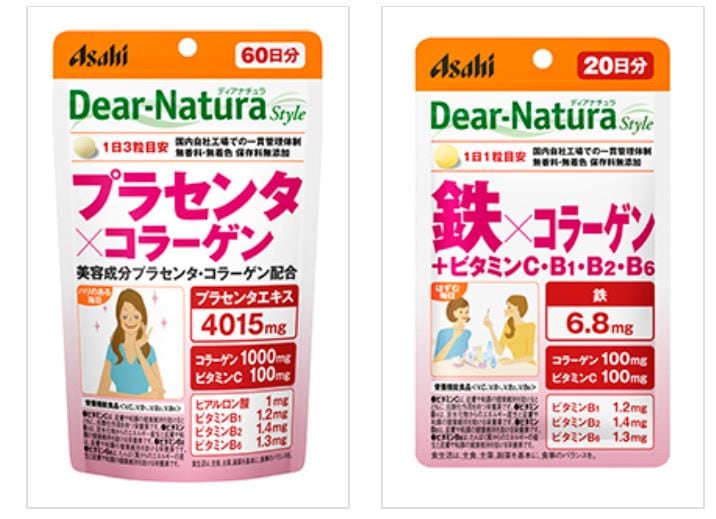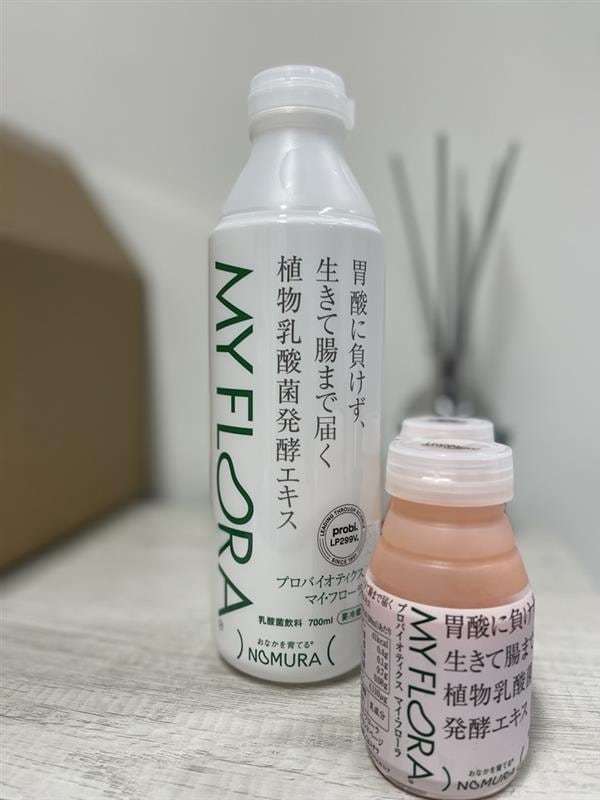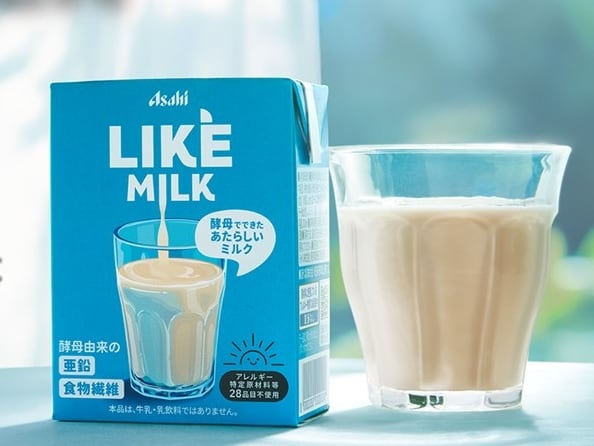This is based on the company’s analysis of megatrends expected to take place by 2050.
It anticipates that global demand for alcohol alternatives and health-conscious products will continue to rise.
Further diversification of consumer preferences is also expected.
As such, the company is making health and wellness as one of its four key domains for future R&D.
The other three domains include its mainstay alcoholic beverage business, sustainability, and new businesses.
The beer maker announced its plans in doing so during its 2025 Integrated Report on May 30.
A few weeks before on May 12, Asahi reported in its Q1 FY25 results that group revenue and profit had increased by 2.6 per cent and 4.8 per cent respectively.
President and Group CEO Atsushi Katsuki said that this was partly driven by a surge in pre-price revision demand in the alcohol business in Japan.
Still, in its integrated report, the company said that premiumisation of its business would not suffice, and it would need to ride on the wave of health and wellness megatrend.
“To capitalise on these long-term trends and sustain our growth, we have established the premiumisation of our entire business portfolio as a core strategy of the Asahi Group.
“With that said, premiumisation alone is not enough to respond to megatrends such as increasing health consciousness and the shifting attitudes toward alcohol, nor will it allow us to fully capitalise on the major opportunity to offer value to those who choose not to drink alcohol,” said Asahi in the integrated report.
In fact, works are already in progress for its health and wellness business, with research conducted on functional lactic acid bacteria.
An example is its proprietary postbiotic Lactobacillus gasseri CP2305 which has been studied for its potential benefits in alleviating menopausal symptoms and stress.
The company has also conducted clinical research on yeast mannan’s potential benefits in improving bowel habits and sleep quality.
From this year till 2027, Asahi will be promoting the global rollout of functional ingredients, as well as global rollout of local brands. An example of its health supplement brands is Dear Natura, which is sold in the domestic Japanese market.
In February this year, Asahi Group Foods also announced supply agreement with ADM Wild Valencia for the international sales of CP2305.
“We understand the need to establish new products and services leveraging our proprietary yeast and lactic acid bacteria technologies as a core source of earnings,” said the company.
Brewery diversification in nutraceuticals gains speed
The diversification of businesses - especially into the health and wellness realm - is not a novel concept among Japanese breweries.
Kirin and Suntory are the other two major Japanese breweries that have ventured into the nutraceuticals space.
Kirin, in particular, has made headlines for acquiring Australia’s leading nutraceutical brand Blackmores in 2023 and fellow Japanese skincare and nutricosmetics firm FANCL last year.
Suntory, on the other hand, is well-known for its Brand’s Essence of Chicken products in South East Asia and Taiwan.
Recently, it has also launched and conducted clinical research on its first meal replacement product in Thailand.
Pursuing beer-adjacent categories
Aside from beefing up its health and wellness business, it will also tap on its beverage production expertise for developing “beer-adjacent categories”.
It added that this is also a trend among beer manufacturers worldwide.
“Taking a look at the market environment, major beer manufacturers across the globe are moving forward with the development of non-alcohol adult beverages and low-alcohol beers.”
It also believes that its expertise in both alcohol and non-alcohol beverages could put it in good stead.
“In such an environment, our multi-beverage strategy, in which we leverage our expertise in both alcohol and non-alcohol beverages, is an advantage that sets us apart from the competition.
“It enables us to ascertain market trends where the boundaries are blurring between alcohol and non-alcohol beverages, identify and analyse diversifying consumer needs, and develop products that meet such needs.”
Some of the trends that it has seen include relaxation drinks or low-calorie drinks that are already trending in the US and UK markets.
As such, the company intends to develop products aimed at these markets.
“There are several premium drinks available in the United States and United Kingdom that offer functional benefits, such as helping consumers relax or featuring a low calorie count.
“The Asahi Group intends to join the adult soft drinks market in these regions by developing drinks in conjunction with its R&D wing and making full use of its technical expertise in alcohol and nonalcohol beverages.”





